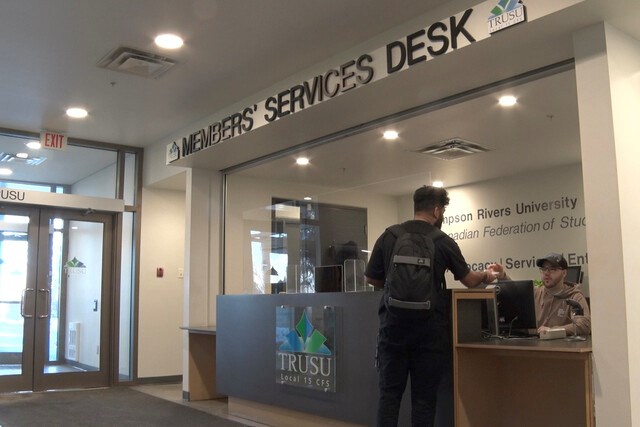More than a dozen student unions across the province have penned a letter to the provincial government and B.C.’s premier, asking them to shake up the funding model for post-secondary institutions in the wake of a federal decision to cap visas for foreign students.
In their letter, the British Columbia Federation of Students claim "underfunding" from the ministry have created an “over-reliance” on international tuition fees to fund post-secondary institutions in B.C.
The letter asks for the province to limit international tuition increases at 2 per cent annually, release a plan for how student permits will be distributed across the province, complete a funding formula review of post-secondary institutions, create a new funding model that doesn’t “rely on student tuition fees as the main source of funding” and invest more in institutions.
“We call on the BC government to recognize the critical need to act urgently and intentionally to address the root cause of what’s led to the exploitation of international students and the precarity of the post-secondary system’s current funding model,” the letter reads.
Permit cap to spell tuition increases?
While domestic tuition hikes are capped by the provincial government at two per cent annually, international tuition is unregulated.
Melissa Chirino, BCFS chairperson, said the organization is “concerned” what new student permit caps will mean for international tuition increases as post-secondary institutions look to make up lost revenue.
“Students are concerned about how it's going to impact institutions," she said. "We’re anticipating cuts to services, we're anticipating increases in international fees, because again, there's no protection there."
Nathan Lane, executive director of the Thompson Rivers University Students' Union, said TRUSU — which signed onto the letter — isn’t worried about higher tuition increases coming to Kamloops.
“We've been told by TRU that they will be seeking inflation only international student tuition fee increases,” he said.
“The fear all across the province is that institutions will try to recoup the money from students they can't recruit by punishing the students that are already here.”
Prior to the announcement of the permit caps, TRU’s board of governors floated a 5 per cent increase to international tuition in December based on the average consumer price index in B.C. over the previous 12 months.
The board is expected to make a decision on the proposed tuition increase at an upcoming meeting.
A new funding model?
The letter asks the province to address “systemic underfunding of the post-secondary sector,” suggesting a new funding model could be developed with more investment from the ministry following a review of the current model.
“We're really just counting on the government to listen and take steps to address both the system and its underfunding and really just end the unfair tuition fee increases experienced by international students,” Chirino said.
“We’re asking for investments in the government and not putting that cost on to students.”
Lane said there remains some uncertainty in how the province will move forward after the permit caps are implemented, and what it will mean for post-secondary institutions.
“The general tone of the letter is that the system is at a crossroads,” Lane said.
“That either the ministry and the premier are going to provide some leadership to the system or they're going to allow it to continue in this direction.”



